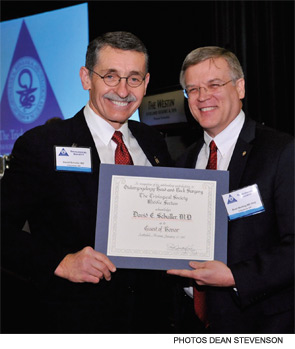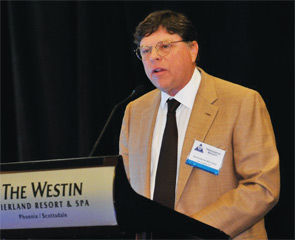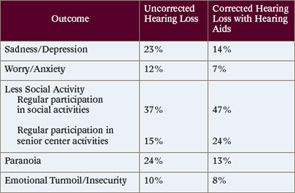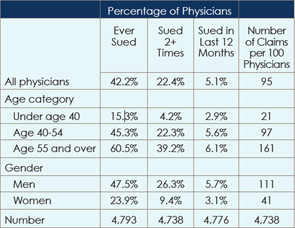The system of clinical cancer research, including that of head and neck cancer, is in need of an overhaul, but steps are being taken that might lead to more efficient work and will hopefully mean more medical breakthroughs, said David Schuller, MD, the chair in cancer research at the Ohio State University College of Medicine in Columbus, at the Triological Society’s Combined Sections Meeting, held here on Jan. 27.







